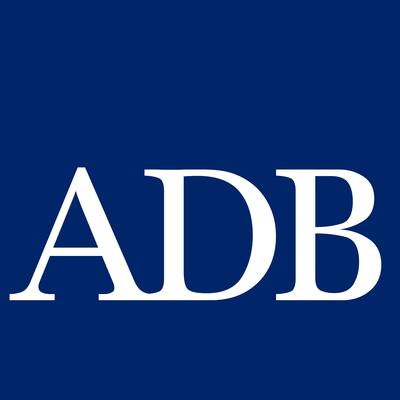The Ombudsperson's Perspective:
Left Out
Most of the people who sought assistance from the Office of the Ombudsperson regarding this issue were based in the ADB headquarters. One would think that this is a challenge that only affects newcomers to the organization, but interestingly, these cases also involved staff members who have been with ADB for a while. Either these staff members have taken on new positions in the organization, or they have moved from one department or division to another. Those whose new roles involved such big shifts were particularly challenged as opposed to those joining a different team within their own division or department.
It is hard enough for seasoned staff to adjust to changes; much more so for new staff members who face the additional predicament of fitting into entirely new contexts. Because they are physically removed from their new teams and are not familiar with the new organization’s culture, they might feel isolated, excluded, and a little invisible. They might also second-guess themselves each time they wanted to approach colleagues with questions or clarifications for fear of becoming a nuisance—but this might not be the case. It is, however, easy for people to assume it is when communication within teams is ineffective.
Not being physically in the workplace dramatically reduces the opportunity for new staff to develop meaningful support networks with others inside and outside their departments or build any rapport with their team members. Pre-COVID, new members of the ADB community could form connections through orientations, inductions, and other social opportunities in the organization. In fact, many “orientation batchmate” friendships turn into strong bonds that go on for years. Unfortunately, for those who joined the organization around the pandemic, especially during lockdowns, there were no such possibilities to create an “ADB safety net.”
To us, this lack of connection to the organization seems to reflect why people may be contemplating whether to remain with ADB. This may well be true for new staff currently working from other countries or from provinces outside of the ADB headquarters.
We would like to draw a distinction between onboarding and integration into an organization. They are not the same.
Onboarding is the essential, initial, stepping stone that familiarizes newly hired staff with the organization.It is usually a short process that helps to quickly orient and settle them into their new job. It can be perceived as mechanical and transactional.
Integration, on the other hand, can take several weeks or months and is transitional in nature.It requires a shift in perspective as newly hired staff begin to understand and adapt to the organization’s culture, embody its values, and learn to collaborate with others in pursuit of the organization’s common goals. It can be particularly challenging to integrate into the culture of a large and complex organization such as ADB.
From the conversations the Ombuds team had with affected people, it seemed they were less anxious about successfully navigating their probation. Instead, they were more concerned about their integration into the organization’s culture and their sense of inclusion in the workplace.
Early in the pandemic, those who sought our help talked about the transactional nature of their onboarding experience. The lack of meaningful communication, or poor communication at best, seems to stand in the way of staff feeling welcome or connected to the organization, especially the new recruits and young professionals.
The year 2021 saw more young professionals accessing OOMP’s services than ever before. Our conversations with them revealed that those who joined ADB during the pandemic had a very difficult time feeling connected to the organization. They spoke of not being able to form relationships with their teams and feeling almost unwelcome in a virtual workspace where colleagues had neither a lot of time to spare for them nor patience with their learning curve. These challenges have found some young professionals questioning their decision to join ADB. A number of them expressed a lack of clarity around their new roles while stating they could have benefitted from some real mentorship.
All of these may be, by and large, supervisory issues. The lack of meaningful communication, or ineffective communication at best, can be a large factor influencing how welcome a staff member feels or how well they connect to the organization.
If communication within teams, and particularly from supervisors, is too transactional, it can have several repercussions, ranging from disengaged employees to lack of motivation and low morale, among others. In the context of working from home during the pandemic, these repercussions may have been amplified because the requirements of isolated workers were also higher. As an organization, we are obliged to do better.
While there are many great examples of sponsors and mentors at ADB who embrace their roles, take them seriously, and “go beyond the call of duty,” it is a regrettable fact that those not integrating well into the organization also have a poor or nonexistent sponsor experience. Unfortunately, the sponsor program does not seem to be implemented consistently across the organization.


